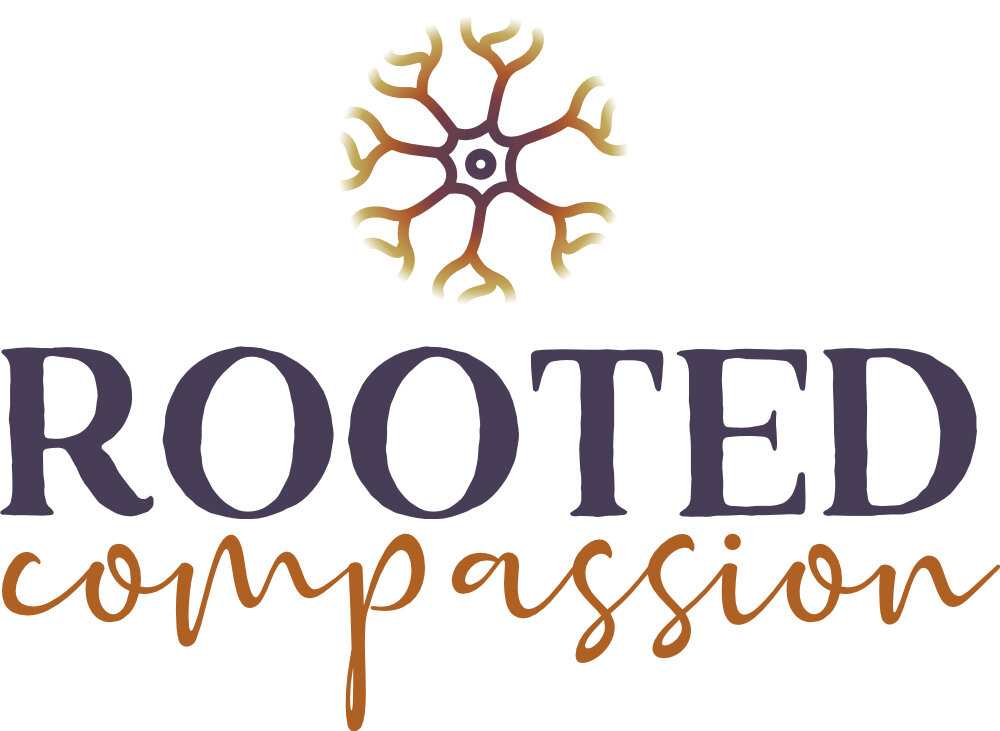Train Your Nervous System to Know Peace Just as You Would Train For a Marathon
The best way to manage our emotional or nervous system reactivity is focus on what we do when we are not triggered.
In 2007 my mom passed away after a short battle with heart disease. I had so many mixed emotions about our relationship and her passing. My primary experience was a deep, deep grief. I found that walking outside was the only thing that helped alleviate that grief. Some days I walked for hours. And eventually the walking wasn’t enough, so I started running. Or maybe we would call it light jogging. I started in a pattern of jogging for a block, walking for a block, jogging for a block, walking for a block. One day I ran for one mile without stopping to walk, and it was on that day that I decided to run a half marathon with a team in training to raise money for the leukemia and lymphoma society in honor of both of my parents. I signed myself up and started their training program. In about five months I went from barely running a mile to running the full 13.2-mile half marathon.
The training was the key.
There was no way I would be able to step into that race with no training or preparation. My body needed to build muscles, my lungs needed to acclimate to that activity and my connective tissue needed to know what to do to support my muscles and lungs. The training taught my body how to endure 13.2 miles of running.
When I work with clients and start talking about the idea of supporting our nervous system reactions and helping to regulate our emotions, I share this analogy with them. I say to them, “you wouldn’t just go run a marathon with no preparation. Your body needs to prepare, it needs training. Our bodies build memories from repetitive experiences.”
That is why I say what we do in the time when we are not feeling triggered or reactive (by this I mean irritated, anxious, annoyed, worried, angry, whatever your emotion of experience is) is most important. Our bodies need repetitive experiences of feeling calm, peaceful, connected, safe, and relaxed.
When I first started working as a mental health therapist, I would suggest breathing exercises to people for when they felt anxious. The following session, so many of my clients would return and say something along the lines of, “I tried that deep breathing and it doesn’t work.”
It was then that I realized that when we attempt to use the deep breathing exercise in the middle of a sympathetic nervous system response, if our body doesn’t already have an existing experience of the feeling that comes with the deep breathing, it is very hard to settle our nervous system. But when we do activities repeatedly when we’re not irritated (this is the key, when we are NOT triggered) to help us experience calm, safety and relaxation, it is easier for a body to access that experience when we are feeling triggered.
So, I encourage you to check in with yourself and ask, “what am I doing when I’m not feeling triggered to increase my sense of felt safety, calm, peace?”
I always say one of the most enjoyable parts of being a mental health therapist is helping people find their own experience of felt safety.
For some people it comes in doing art.
For others they find it through exercise.
And others find it through meditating or conscious breathing.
Some people find it in other places like cleaning, or hobbies and crafts.
What I suggest is that when you’re doing any activity that helps you feel calmer, bring a conscious awareness to that particular experience. Learn to savor those moments and feel through your body what that sense of peace and relaxation feels like. You’re bringing your explicit awareness to an implicit experience. This is a big part of how we heal, stay calm, and recover from past experiences.
I’d love for you to share with us what activities you do to help bring more peace and calm to your life.
If you or someone you may know are looking for a mental health counselor to help guide you along your path to healing, growth and peace, please give us a call. We would love to talk with you.
If you would like to learn more about your nervous system and the Polyvagal Theory, please visit The Polyvagal Theory page on our website. We talk a lot about the Polyvagal Theory and provide other sites and resources as well.
If you like what you have read here, please follow us on Instagram or find us on Facebook to learn more about how you can get to know your nervous system and the reactions you have to your life experiences.
Instagram - @PolyvagalCounseling


